Who we are?
UBI Research Centre
The Research Center of the Italian Buddhist Union is the branch dedicated to promoting dialogue between the Buddhist tradition and contemporary thought. Through an intercultural and interdisciplinary approach, the Center is committed to developing and disseminating knowledge that can respond to today’s challenges, particularly within academic and scientific contexts.

Missione
The mission of the Research Center is to foster the integration of Buddhist traditions with contemporary academic and scientific disciplines, with the aim of encouraging deep reflection on global issues through dialogue between tradition and innovation. It also seeks to contribute to the education of a new generation of scholars and professionals capable of addressing future challenges with a multidisciplinary vision.
Vision
The Research Center envisions a world in which social change arises from a radical transformation of knowledge—one that is plural, inclusive, and rooted in the interdependence of all forms of life. Within this vision, Buddhism offers not only a spiritual tradition but also a powerful tool for rethinking humanity’s fundamental questions, contributing to a more conscious, ethical, and transformative understanding of knowledge.
The team
The Italian Buddhist Union Research Center team brings together scholars and professionals with diverse but complementary backgrounds, engaged in developing initiatives at the intersection of research, education, and contemplative practice. Fields such as Buddhist philosophy, Tibetan language and literature, and studies on the mind and contemplative experience converge with expertise in communication, teaching, and academic coordination.
In ongoing dialogue with universities, research centers, and cultural institutions, the team works to bring the richness of Buddhist traditions into contemporary contexts, with a strong focus on content quality, interdisciplinarity, and social impact.

Francesco Tormen
Francesco is a trained philosopher who teaches Tibetan Language and Literature at Ca’ Foscari University of Venice and serves as coordinator of the Postgraduate Program in Contemplative Studies at the University of Padua. His publications focus on lucid dreaming, Tibetan contemplative practices, Mādhyamika philosophy, and the intersections between Buddhism, posthumanism, and transhumanism. At the UBI Research Center, he oversees the scientific direction of all projects.

Emma Bano
Emma works closely with the scientific coordinators, the communication team, and the central administration of the Italian Buddhist Union to ensure the smooth development, design, and delivery of the Research Center’s activities. She manages the implementation of projects and cultivates partnerships with academic and institutional organizations in Italy and abroad. She also oversees academic tutoring and organizational planning for the Postgraduate Program in Contemplative Studies at the University of Padua.

Chiara Mascarello
Chiara contributes to the scientific projects of the UBI Research Center. She is a research fellow and teaches Tibetan language at Ca’ Foscari University of Venice. Her research focuses on Indo-Tibetan Buddhist philosophy, with particular emphasis on the nature of mind and traditional contemplative practices. As Tibetan interpreter and translator, she also leads translation workshops. She serves on the organizing committee, coordinates academic activities, and teaches in the Postgraduate Program in Contemplative Studies at the University of Padua. In addition, she lectures in the Postgraduate Program in Meditation and Neuroscience at the University of Udine and is a member of the steering committee of the Contemplative Education Network, an international network dedicated to contemplative education.

Atisha Mathur
Atisha Mathur combines deep training in the traditional Tibetan Buddhist curriculum with a solid academic background. After earning a degree in South Asian Languages and Literatures with a focus on Tibetan Studies from L’Orientale University of Naples, he continued his studies at the Central University of Tibetan Studies in Sarnath and completed a rigorous ten-year program at the Institute of Buddhist Dialectics in Dharamsala. In 2024, he received his PhD in Buddhist Studies from L’Orientale in Naples. Atisha collaborates with the UBI Research Center on the design, planning, and teaching of courses in Logic and Debate.

Ven. Lobsang Kunsang
È insegnante e tutor del programma di studio Logica e dibattito dell’Istituto Lama Tzong Khapa. Nata a La Spezia nel 1982, ha preso l’ordinazione monastica con Ghesce Ciampa Ghiatso nel 2007. Ha studiato il Basic Program e il Master Program all’Istituto Lama Tzong Khapa e successivamente su consiglio del suo Lama Kiabje Dagri Rinpoche, si è recata in India al Drolmaling una scuola dialettica monastica non settaria per monache Himalayane sotto la Tibetan Nuns Project, dove ha vissuto circa quattro anni per studiare Filosofia Buddhista con le monache ed imparare la lingua tibetana. Ha studiato anche in Nepal nel Monastero Femminile di Kopan. Collabora con il Centro Studi UBI alla progettazione, programmazione e insegnamento dei corsi di Logica e Dibattito.
The Research Center’s Advisory Board is composed of a group of experts from diverse academic and professional backgrounds who provide strategic guidance and advice for the Center’s activities. The members of the Advisory Board contribute their expertise to ensure that initiatives remain at the forefront and that research aligns with the latest developments in contemporary knowledge.
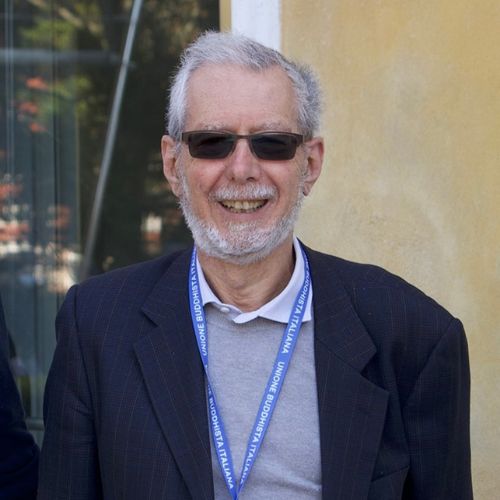
Aldo Tollini
Aldo Tollini was Full Professor of Japanese Philology at Ca’ Foscari University of Venice. He is an expert in Zen Buddhism, classical Japanese texts, and the religious culture of premodern Japan.

Antonino Raffone
Antonino Raffone is Associate Professor in the Department of Psychology at Sapienza University of Rome. His research focuses on cognitive neuroscience, particularly consciousness and the effects of meditation on the mind.

Antonio Rigopoulos
Antonio Rigopoulos is Full Professor of Indology in the Department of Asian and North African Studies at Ca’ Foscari University of Venice. He teaches Sanskrit, Pali, and Marathi languages and literature, and has authored numerous works on Indian religious traditions.

Bee Scherer
Bee Scherer is Professor of Religious Studies and Gender Studies at Vrije Universiteit Amsterdam. They are an expert in Buddhism and the intersections of religion, gender identity, and queer studies.
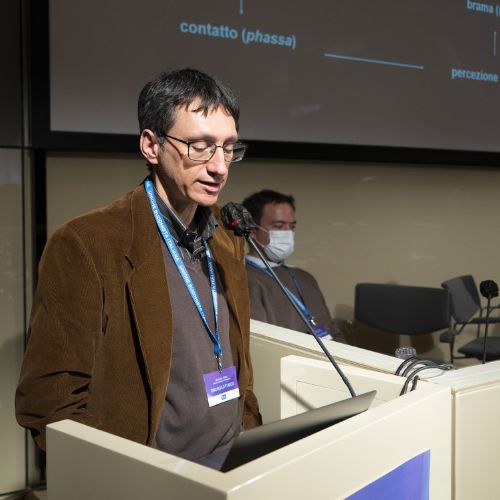
Bruno Lo Turco
Bruno Lo Turco is Associate Professor in the Department of Oriental Studies at Sapienza University of Rome. He teaches Indian religions and philosophies, with particular focus on Sanskrit and classical Indian literature.
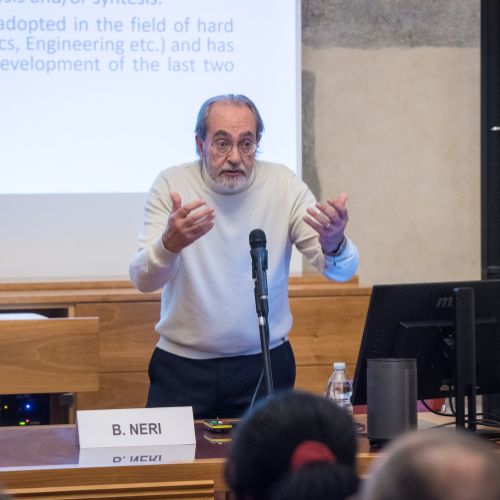
Bruno Neri
Bruno Neri is Full Professor at the University of Pisa, where he teaches and researches in the fields of electronics and neuroscience. He is actively involved in studying the effects of meditation on brain activity, conducting research in Tibetan monasteries in India. He coordinates the Summer School “Awareness and Cognition” and teaches a course on “Science and Contemplative Practices” as part of the Postgraduate Program in Neuroscience, Mindfulness, and Contemplative Practices.
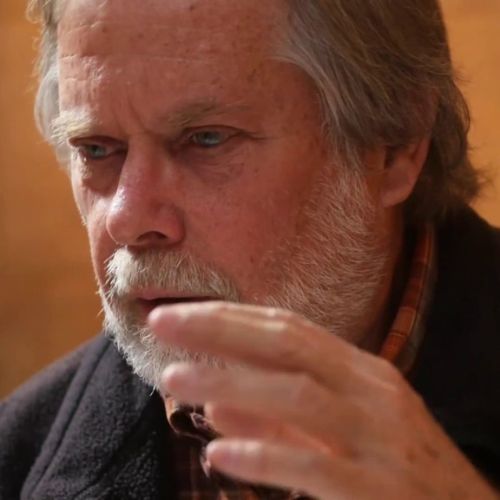
David R. Loy
David R. Loy is a philosopher and meditation teacher trained in the Zen tradition. Active at the Rocky Mountain Ecodharma Retreat Center, he is known for his work in socially engaged Buddhism, especially regarding ecological and environmental issues.
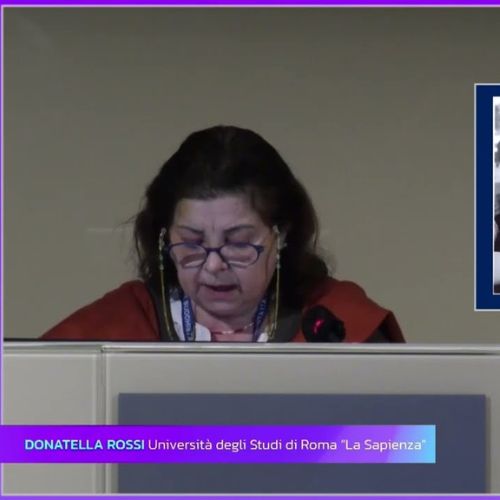
Donatella Rossi
Donatella Rossi is Associate Professor in the Department of Oriental Studies at Sapienza University of Rome. Her work focuses on Buddhism, Tibetan and Sanskrit languages, and the religious cultures of Central Asia.
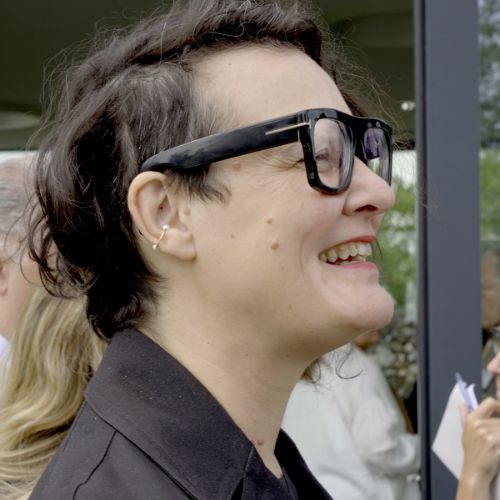
Francesca Tarocco
Francesca Tarocco is Associate Professor of Chinese Studies at Ca’ Foscari University of Venice and Director of the Center for the Humanities and Social Change. Her research focuses on religion, modernity, and media in contemporary China.

Francesco Sferra
Francesco Sferra is Full Professor of Indology and Tibetology at the University of Naples “L’Orientale.” He is an expert in Sanskrit texts, ancient Indian philosophical traditions, and Buddhism.
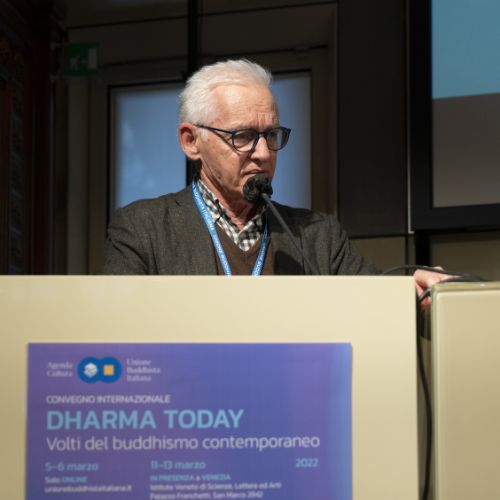
Giangiorgio Pasqualotto
Giangiorgio Pasqualotto was Professor of Aesthetics at the University of Padua. He is well known for his studies on Eastern and comparative thought and has made significant contributions to the academic dissemination of Buddhist philosophy in Italy.
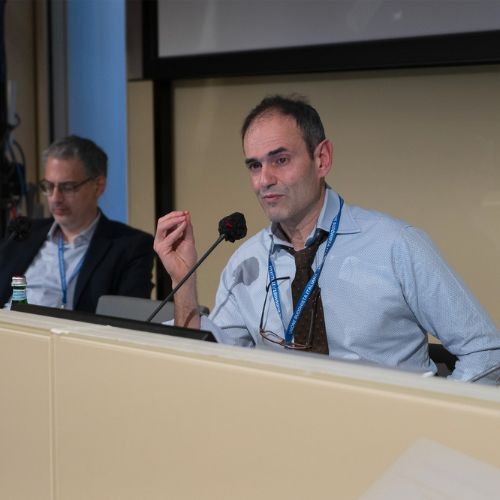
Giuseppe Pagnoni
Giuseppe Pagnoni is Associate Professor in the Department of Biomedical, Metabolic, and Neurosciences at the University of Modena and Reggio Emilia. His research focuses on cognitive neuroscience, especially meditation and consciousness.
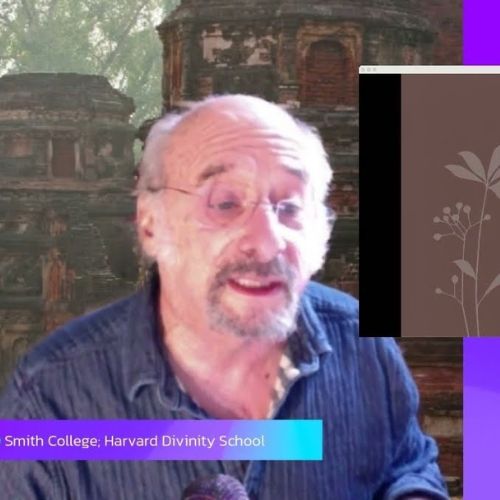
Jay L. Garfield
Jay L. Garfield is Professor of Philosophy at Smith College (Massachusetts, USA). He is one of the world’s leading experts in Buddhist and comparative philosophy, with a particular focus on Mādhyamika and Tibetan philosophy.
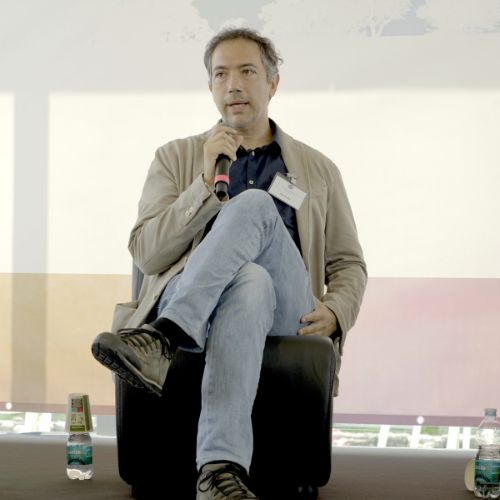
Marcello Ghilardi
Marcello Ghilardi is a researcher in Aesthetics at the Department of Linguistic and Literary Studies at the University of Padua. His work explores intercultural philosophy, comparative aesthetics, and Japanese thought.
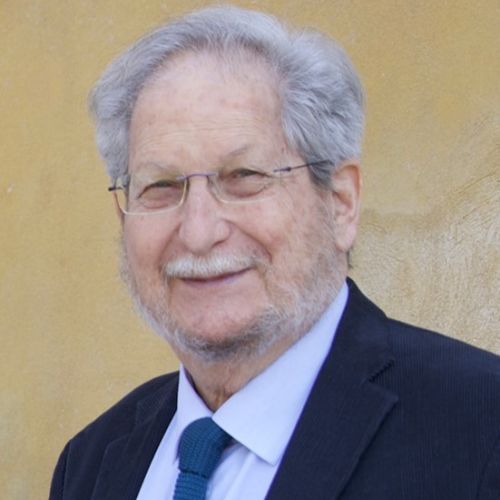
Massimo Raveri
Massimo Raveri is Full Professor of Religions and Philosophies of East Asia at Ca’ Foscari University of Venice. He specializes in Japanese religions, with a focus on Buddhism, Shinto, and contemporary ritual practices.
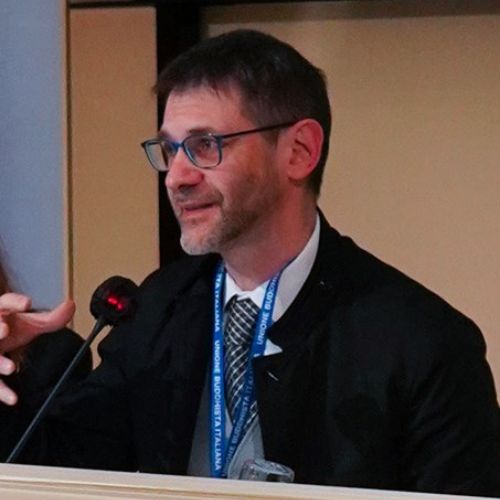
Matteo Cestari
Matteo Cestari is Associate Professor in the Department of Humanities at the University of Turin. His work focuses on religions and philosophies of East Asia, with particular attention to Buddhism and Chinese and Japanese thought.

Michael Zimmermann
Michael Zimmermann is Professor of Japanese Buddhism at Hamburg University. His research focuses on Mahāyāna Buddhism, particularly the Tathāgatagarbha school and Japanese traditions.
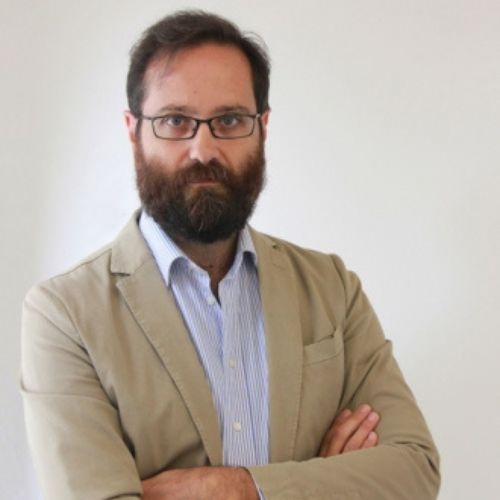
Nicola De Pisapia
Nicola De Pisapia is Associate Professor of Cognitive Neuroscience in the Department of Psychology and Cognitive Science at the University of Trento. He directs the CCCR (Consciousness, Creativity and Cognitive control Research) lab and conducts research on mindfulness, attention, creativity, and psychological well-being.
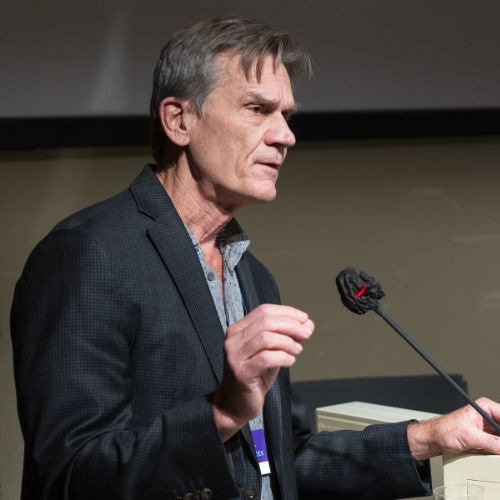
Peter D. Hershock
Peter D. Hershock is Director of the Education Program at the East-West Center in Honolulu. He specializes in Asian philosophy, Buddhist studies, and ethical issues related to technological innovation and globalization.


